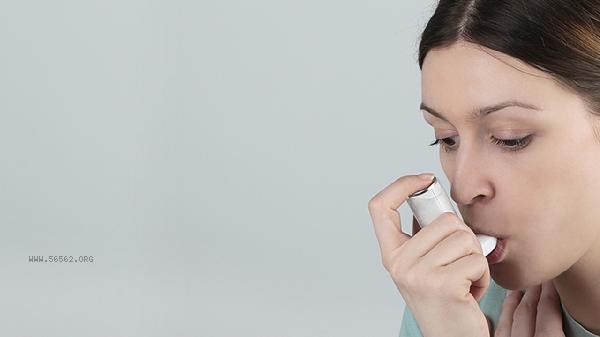Pediatric bronchitis can be treated with pediatric pulmonary heat cough asthma oral solution, pediatric cough asthma Ling granules, ambroxol oral solution, amoxicillin granules, cefaclor dry suspension and other drugs according to medical advice. Childhood bronchitis is often caused by viral or bacterial infections, mainly manifested as symptoms such as cough, sputum production, and wheezing. It is recommended that parents take their children to the hospital in a timely manner and use medication under the guidance of a doctor.

1. Pediatric Pulmonary Heat Cough and Asthma Oral Liquid
Pediatric Pulmonary Heat Cough and Asthma Oral Liquid is composed of traditional Chinese medicine such as ephedra, bitter almond, gypsum, licorice, etc. It has the effects of clearing heat and detoxifying, promoting lung function, and stopping cough. It is suitable for children with bronchitis caused by wind heat invading the lungs, with symptoms such as fever, cough, and thick yellow phlegm. This medicine is a brownish red liquid with a sweet and slightly bitter taste. It needs to be shaken well before taking. This product is contraindicated for individuals with allergies and should be used with caution for those with allergies.
II. Xiao'er Kechuanling Granules
Xiao'er Kechuanling Granules are mainly composed of ephedra, honeysuckle, bitter almonds, etc. They can promote lung heat clearing, relieve cough and phlegm, and are used for children with bronchitis who belong to phlegm heat obstructing lung syndrome, manifested as cough, shortness of breath, and throat phlegm. The medicine is a yellow brown granule, which should be taken by diluting with warm water. During the medication period, avoid eating spicy and greasy food. For those with spleen deficiency and prone to diarrhea, they should take it under the guidance of a doctor.
III. Ambrotorol Oral Solution
Ambrotorol oral solution is a compound preparation containing ambroxol hydrochloride and clenbuterol hydrochloride, which can dilute sputum and dilate bronchi. It is suitable for children with bronchitis accompanied by thick sputum, difficulty in expectoration, and wheezing symptoms. This medicine is a colorless to slightly yellow clear liquid, which may cause adverse reactions such as palpitations and hand tremors after taking. Children with heart disease should use it with caution.
4. Amoxicillin granules
Amoxicillin granules are suitable for children with bronchitis caused by bacterial infections and have inhibitory effects on common pathogenic bacteria such as Streptococcus pyogenes and Streptococcus pneumoniae. The medicine is white or off white granules, dissolved in warm water and taken. Penicillin is contraindicated for children with allergies. Adverse reactions such as diarrhea and rash may occur during medication, and the dosage should be adjusted according to medical advice.
5. Cefaclor Dry Suspension
Cefaclor dry suspension belongs to the second generation cephalosporins and is used for children with bronchitis caused by sensitive bacteria. It has antibacterial effects on Haemophilus influenzae, Moraxella catarrhalis, and other bacteria. The medicine is a powder with added flavoring agent, which is formulated as an orange suspension. Before taking medication, it is necessary to confirm that there is no history of cephalosporin allergy, and taking it with food can alleviate gastrointestinal reactions.
Parents should pay attention to maintaining air circulation in the child's living room and avoid contact with irritants such as smoke and dust. A light and easily digestible diet is recommended, and drinking warm water in moderation can help dilute phlegm. Adequate rest should be ensured during the acute phase, and outdoor activities can be appropriately carried out during the recovery phase to enhance physical fitness. If the symptoms do not improve after taking the medication for 3 days, or if there are symptoms such as high fever, shortness of breath, and cyanosis of the lips, immediate follow-up is required. Avoid adjusting medication dosage or changing medication on your own, all medication must be taken under the guidance of a pediatrician.








Comments (0)
Leave a Comment
No comments yet
Be the first to share your thoughts!